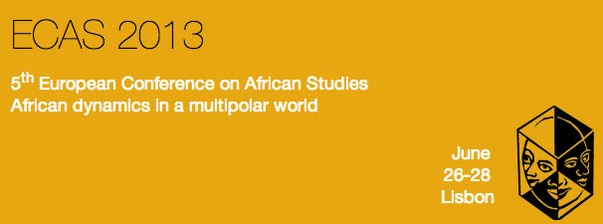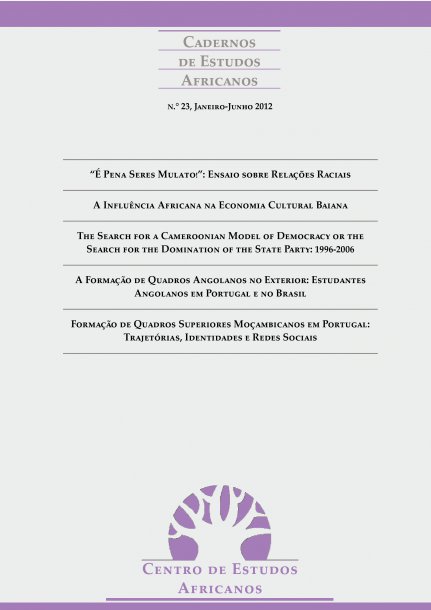Call for Papers: Intergenerational relations amongst African migrants in Europe
Publicado17 Dez 2012

Convenors
Tatiana Ferreira (ICS-UL/ISCTE-IUL) [email protected]
Marzia Grassi (ICS-UL) [email protected]
The aim of this panel is to discuss the impact of migration experience across generations and how family's intergenerational relationships are reconfigured in a post-migratory context. This panel welcomes all researchers working on intra and inter-generational relations within migrant families.
The migration experience has an impact in the transmission of family practices across generations. The intergenerational relationships are stretched and reshaped and family life is reconstructed in a new socio-cultural setting. Several questions concerning for example communication, authority, gender roles, cultural practices are reconfigured and rearranged in the post-migration context. It is also important, in a transnational perspective to take into account the links (and how they are transmitted) to families in the country of origin and the role, for example, of the older generations and the care networks.
The aim of this panel is to reflect the importance in adopting an intergenerational frame in the migration studies. Migration experience can be very different from one generation to another and this can cause generational differences that are significant and must be acknowledge. The panel also aims to contribute to the discussion of the methodological strategies adopted in the intergenerational studies. For example, the importance of the comparative approach of two or more generations within the family with recourse to different methods of data collection, the use of mixed methods or the importance of the longitudinal studies in the understanding of the impact of migration across generations.
This panel welcomes all researchers working on intra and inter-generational relations within migrant families. Papers addressing impact of migration experience in intra and inter relationships in a gender perspective; conflicts, life transitions, care networks, social mobility and legal status reproduction across generations are welcome.
Abstract submission
Proposals should consist of a paper title, a (very) short abstract of less than 300 characters, and an abstract of 250 words. Proposals can be written in English or Portuguese.
All proposals must be made via the bespoke on-line facility that ECAS2013 is using to handle all proposals.
http://www.nomadit.co.uk/ecas/ecas2013/paperproposal.php5?PanelID=2177
Proposals should not be sent by email
16th January 2013 – Final date for submission of abstracts
1st February and then 1st March (second round) - Notification of accepted papers



